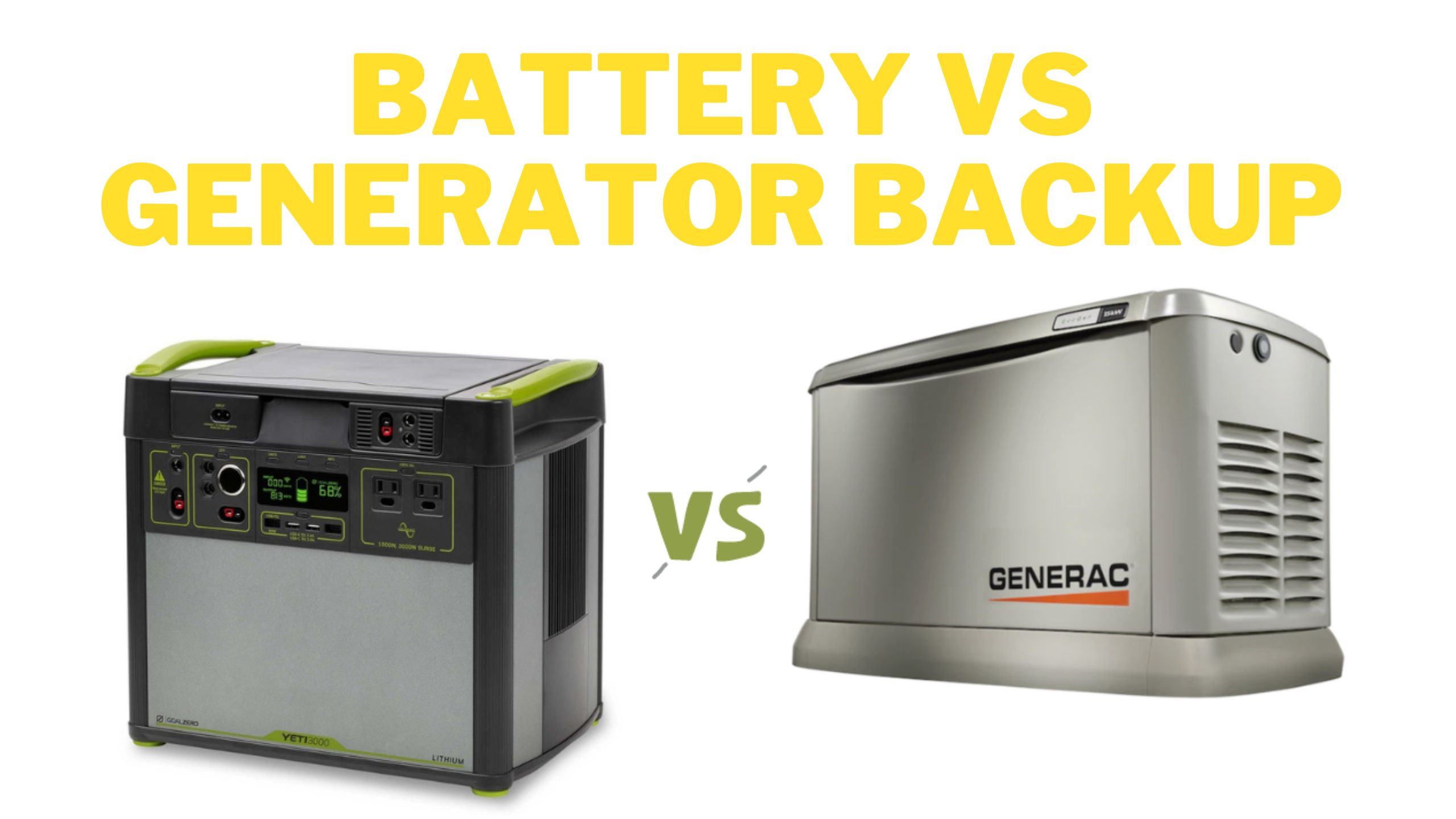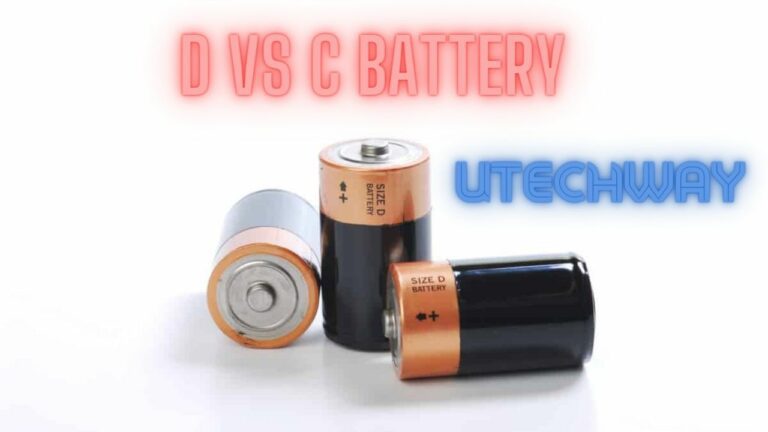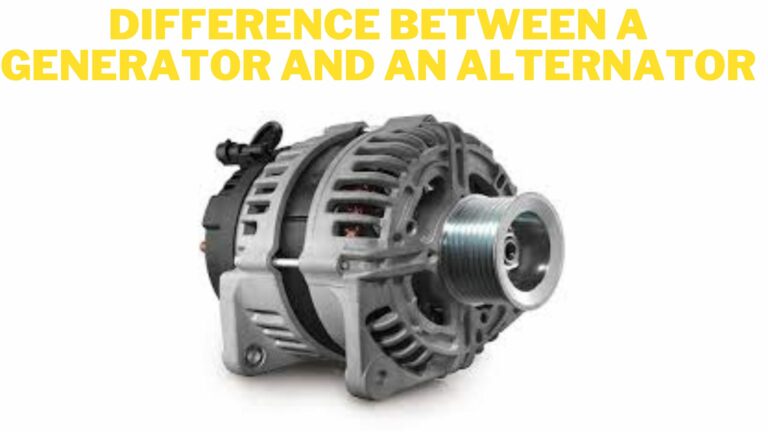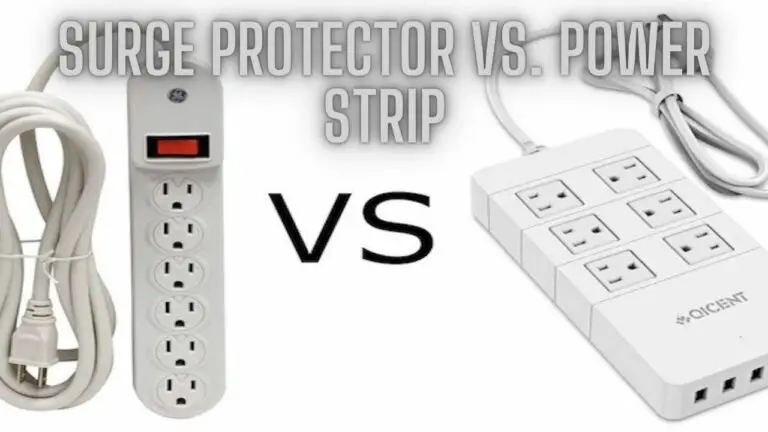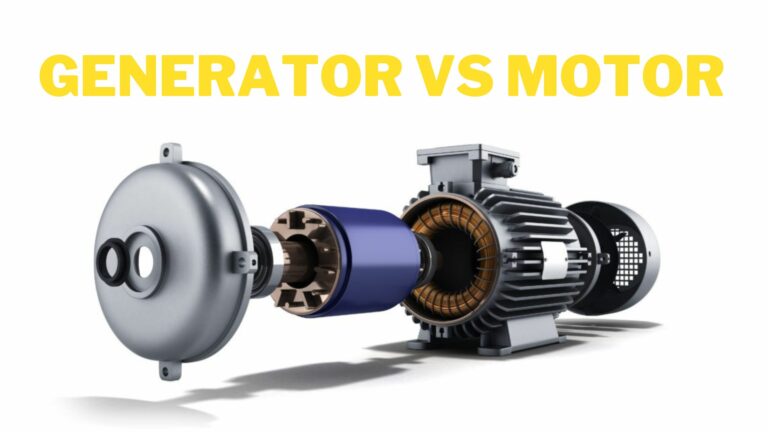Battery vs Generator Backup and Which One Should You Choose?
Introduction
In an era heavily reliant on technology, uninterrupted power supply has become indispensable for both residential and commercial settings. Power outages, whether caused by natural disasters, equipment failure, or other unforeseen circumstances, can disrupt daily operations and pose significant challenges. To mitigate these disruptions, backup power solutions such as batteries and generators have become increasingly popular. In this article, we will delve into battery vs generator backup.
Choosing between a battery backup system and a generator backup system involves weighing various factors, including cost, maintenance requirements, environmental impact, and specific needs. Each option comes with its own set of advantages and disadvantages, making it essential for individuals and businesses to carefully evaluate their requirements before making a decision.
This article delves into the intricacies of battery and generator backup systems, providing insights into their functionalities, advantages, disadvantages, and the factors to consider when selecting the most suitable option for your needs. By understanding the distinctions between these two backup solutions, you can make an informed decision that ensures a reliable power supply during outages.
Battery Backup
A. Definition and Functionality
Battery backup systems are designed to provide emergency power during electrical outages by utilizing stored electrical energy in rechargeable batteries. These systems consist of several components, including batteries, an inverter, and a control mechanism. When the primary power source fails, the battery backup system automatically activates, supplying electricity to essential devices and appliances. The inverter converts the DC power stored in the batteries into AC power, ensuring compatibility with standard electrical devices.
B. Advantages
- Silent Operation: Battery backup systems operate silently, making them suitable for residential areas where noise pollution is a concern. Unlike generators, which produce noise during operation, battery backups provide a quiet solution for uninterrupted power supply.
- Low Maintenance: Battery backup systems require minimal maintenance compared to generators. They have fewer moving parts and do not rely on combustion engines, reducing the need for regular servicing and inspections. This results in lower long-term maintenance costs and increased reliability.
- Rapid Response Time: Battery backup systems offer instant power delivery when the main power source fails. There’s no startup time required, ensuring seamless transition and uninterrupted operation of critical equipment and electronics.
- Scalability: Battery backup systems are highly scalable, allowing users to expand their capacity by adding additional battery modules. This flexibility enables users to customize the system according to their specific power requirements, making it suitable for both residential and commercial applications.
- Environmentally Friendly: Battery backup systems, particularly those using lithium-ion batteries, are more environmentally friendly than traditional fossil fuel-powered generators. They produce zero emissions during operation, reducing carbon footprint and air pollution.
C. Disadvantages
- Limited Capacity: Battery backup systems have a finite energy storage capacity, typically measured in kilowatt-hours (kWh). The available power is limited by the size and number of batteries installed, which may not be sufficient for prolonged outages without proper sizing.
- Limited Lifespan: Batteries degrade over time due to factors such as temperature fluctuations and the number of charge-discharge cycles. As a result, battery backup systems require periodic battery replacement, adding to the long-term cost of ownership.
- Initial Cost: The upfront cost of purchasing and installing a battery backup system can be higher than that of a generator. While battery prices have decreased in recent years, the initial investment may still be prohibitive for some users, although it can be offset by reduced maintenance and fuel expenses over time.
Overall, battery backup systems offer a reliable and environmentally friendly solution for providing emergency power during outages, with advantages such as silent operation, low maintenance, and rapid response time. However, users should carefully consider factors such as capacity, lifespan, and upfront cost when selecting a battery backup system for their needs.
Generator Backup
Generator backup systems are designed to provide emergency power during electrical outages by utilizing combustion engines to generate electricity. These systems consist of several components, including an engine, alternator, fuel source (such as gasoline, diesel, or natural gas), and control mechanisms. When the primary power source fails, the generator automatically activates, supplying electricity to essential devices and appliances.
A. Definition and Functionality
Generator backup systems operate by converting mechanical energy from the engine into electrical energy through the alternator. The engine runs on a fuel source, which powers the generator to produce electricity. The control mechanisms of the generator monitor the power supply, automatically starting the engine when an outage is detected and stopping it when the main power source is restored.
B. Advantages
- High Power Output: Generator backup systems typically provide higher power output compared to battery backup systems, making them suitable for powering a wide range of appliances and equipment during outages.
- Extended Runtime: Generators can operate continuously for an extended period, limited only by the availability of fuel. This makes them suitable for prolonged outages or situations where access to electricity is critical for an extended duration.
- Versatility: Generators can be powered by various fuel sources, including gasoline, diesel, propane, or natural gas, providing flexibility based on availability and user preference.
- Cost-Effective for High Power Requirements: For applications with high power demands, such as commercial or industrial settings, generator backup systems may offer a more cost-effective solution compared to battery backup systems, especially when considering the upfront cost per kilowatt-hour of power provided.
- Low Initial Cost for Small Systems: Smaller generator backup systems designed for residential use can have a lower upfront cost compared to battery backup systems of similar capacity, making them accessible to a broader range of users.
C. Disadvantages
- Noise and Emissions: Generator backup systems produce noise and emissions during operation, which can be a concern, particularly in residential areas. The noise level and emissions depend on the type and size of the generator, as well as the fuel used.
- Regular Maintenance Required: Generators require regular maintenance, including oil changes, filter replacements, and periodic inspections to ensure proper functioning. Neglecting maintenance can lead to reduced performance, increased fuel consumption, and potential breakdowns.
- Limited Fuel Availability: The runtime of a generator backup system is limited by the availability of fuel. Users need to ensure a sufficient supply of fuel is on hand to sustain operation during prolonged outages, which may not always be feasible in certain situations.
- Startup Time: Generators typically have a startup time required to reach full power output once activated. This delay may result in a brief interruption of power during the transition from the main power source to the generator backup system.
While generator backup systems offer high power output and extended runtime, they come with drawbacks such as noise, emissions, and regular maintenance requirements. Users should carefully consider factors such as noise tolerance, fuel availability, and maintenance responsibilities when selecting a generator backup system for their needs.
Factors to Consider When Choosing Between Battery and Generator Backup
When deciding between a battery backup system and a generator backup system, several factors should be taken into account to ensure the selected solution meets your specific requirements. Below are key factors to consider:
A. Cost
- Initial Investment: Evaluate the upfront cost of purchasing and installing the backup system, including equipment, installation, and any necessary infrastructure modifications.
- Long-Term Expenses: Consider ongoing expenses such as maintenance, fuel or battery replacement, and operational costs to determine the total cost of ownership over the system’s lifespan.
B. Maintenance
- Frequency and Complexity: Assess the maintenance requirements of each backup system, including routine tasks such as inspections, fluid checks, filter replacements, and battery maintenance.
- Skill and Resources: Determine the level of expertise and resources required to perform maintenance tasks, considering whether you can handle them internally or if professional assistance is needed.
C. Environmental Impact
- Emissions: Compare the environmental impact of both options in terms of emissions produced during operation. Evaluate factors such as noise pollution, air pollution, and carbon footprint.
- Sustainability: Consider the sustainability of the chosen backup system, including the environmental impact of manufacturing, disposal, and the energy source used for operation.
D. Noise
- Noise Tolerance: Assess the sensitivity to noise in the backup system’s intended location, such as residential neighborhoods, commercial buildings, or industrial sites.
- Noise Level: Compare the noise levels generated by battery backup systems (typically silent) and generator backup systems (varies based on size, type, and fuel).
E. Duration of Backup
- Runtime Requirements: Determine the expected duration of outages that the backup system needs to support. Consider factors such as the frequency of outages, expected downtime, and criticality of power supply.
- Capacity: Evaluate the energy storage capacity or fuel supply of each backup system to ensure it can sustain power supply for the required duration without interruption.
F. Reliability
- Dependability: Assess the reliability of each backup system in terms of startup time, response time to outages, and overall performance during extended use.
- Redundancy: Consider incorporating redundancy measures to mitigate the risk of system failure, such as backup generators or additional battery capacity.
G. Specific Needs
- Application Requirements: Identify the specific requirements of the application or facility where the backup system will be deployed, considering factors such as load types, power quality, and compatibility with existing infrastructure.
- Flexibility: Determine whether the backup system needs to be adaptable to future changes in power demand, technology advancements, or regulatory requirements.
By carefully evaluating these factors, individuals and businesses can make an informed decision when choosing between a battery backup system and a generator backup system. Each option offers unique advantages and drawbacks, and selecting the most suitable solution requires considering the specific needs, constraints, and preferences of the user.
FAQS
Q: What is the difference between a battery backup system and a generator backup system?
A: A battery backup system stores electrical energy in rechargeable batteries, while a generator backup system generates electricity using fuel, such as gasoline, diesel, or propane.
Q: Which one is more environmentally friendly, a battery backup or a generator backup?
A: Generally, battery backups are considered more environmentally friendly because they do not produce emissions during operation, whereas generators typically emit pollutants when running on fossil fuels.
Q: How long can a battery backup system provide power compared to a generator backup system?
A: The duration of power provided by a battery backup system depends on factors such as battery capacity and the power consumption of connected devices. In contrast, a generator backup system can provide power for longer periods as long as there is a fuel supply.
Q: Are battery backup systems more reliable than generator backup systems?
A: Battery backup systems are often considered more reliable in terms of instant power availability because they do not require fuel and have fewer moving parts. However, generator backup systems may be more suitable for extended power outages if fuel is readily available.
Q: What are the maintenance requirements for battery backup systems compared to generator backup systems?
A: Battery backup systems generally require less maintenance since they have fewer mechanical components. Generator backup systems require regular maintenance such as oil changes, filter replacements, and periodic testing.
Q: Which one is more suitable for residential use, a battery backup or a generator backup?
A: Both battery backup and generator backup systems have their advantages depending on specific needs and preferences. Battery backups are often preferred for their quiet operation, low maintenance, and suitability for short power outages. Generator backups are preferred for longer power outages and high-power requirements but may be noisier and require more maintenance.
Q: Can a battery backup system be used in conjunction with a generator backup system?
A: Yes, it is possible to use a battery backup system alongside a generator backup system to provide additional backup power and enhance overall reliability.
Q: What factors should be considered when choosing between a battery backup and a generator backup system?
A: Factors to consider include power requirements, duration of backup needed, noise level, environmental impact, maintenance requirements, initial cost, and long-term operating costs.
Q: Are there any government incentives or rebates available for installing battery backup or generator backup systems?
A: Government incentives and rebates for backup power systems vary by location and may include tax credits, grants, or other financial incentives aimed at promoting the adoption of clean energy technologies. It’s advisable to check with local authorities or energy agencies for available incentives.
Conclusion
Selecting the appropriate backup power solution, whether it be a battery backup system or a generator backup system, is crucial for ensuring uninterrupted electricity supply during outages. Both options offer distinct advantages and disadvantages, making it essential to carefully evaluate your specific requirements and priorities before making a decision.
Battery backup systems provide silent operation, low maintenance, and rapid response time, making them ideal for residential areas and applications where noise pollution is a concern. They offer scalability, and environmentally friendly operation, and are well-suited for short to moderate-duration outages. However, they have limited energy storage capacity and a finite lifespan, requiring periodic battery replacement.
Generator backup systems deliver high power output, extended runtime, and versatility in fuel options, making them suitable for a wide range of applications, including commercial and industrial settings. They are cost-effective for high power requirements and can operate continuously for prolonged outages. However, generators produce noise and emissions during operation, require regular maintenance, and their runtime is limited by fuel availability.
When choosing between battery and generator backup systems, factors such as cost, maintenance requirements, environmental impact, noise tolerance, duration of backup, reliability, and specific application needs should be carefully considered. By weighing these factors and selecting the most suitable solution, users can ensure reliable and uninterrupted power supply during outages, safeguarding their operations, comfort, and peace of mind.

